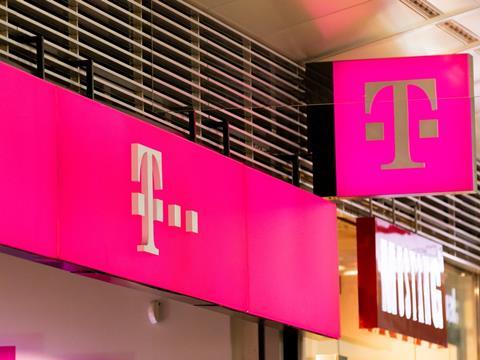
Corplex, Packeta, and Slovak Telekom are serializing their production of reusable e-commerce boxes for delivering mobile phone handsets directly to consumers’ doorsteps – also incorporating QR technology for product tracking and inventory management.
With production taking place at Corplex’s production site in Hurbanovo, the boxes feature fully closed, die-cut edges and a microperforated area for labels, which are said to facilitate easy label removal without leaving any residue. All printing takes place in-house with a laser printing machine, Corplex explains.
Each pack also features a QR code to track the product and manage inventory. From the project pilot, the companies have incorporated the process of scanning each code, uploading it to an Excel spreadsheet, and checking for duplicates during serial production.
They add that operators can use macros to check for missing QR codes and account for waste generated in the production process.
The final packaging design is fully patent-protected in the EU and seeks to hold the product components in place to prevent loss or damage in transit.
By serializing production, the companies intend to meet customer expectations and unlock more sustainable e-commerce deliveries for the telecommunications sector. The project’s pilot apparently proved that as many as 5,791 mobile phones could be delivered in reusable and recyclable AkyPak boxes.
Deutsche Telekom, Vodafone, Orange, and Telefónica are all said to be interested in the system, which previously won the 2023 Innovation Project of the Year. Corplex, Packeta, and Slovak Telekom aim to produce 24,000 pieces of reusable packaging starting his month.
A similar solution comes from reusable packaging and retail tech start-up no-boxx. The company unveiled its reusable pouch packaging and tracking application last year, with its sights set on less single-use packaging waste, lower carbon emissions, and optimized traceability in e-commerce deliveries.
Furthermore, Rhinopaq and Circular Logistics partnered with Riese & Müller to deliver its e-bikes and small components in reusable plastic packaging – a move expected to reduce an initial 905 tonnes of cardboard waste every year.
If you liked this article, you might also enjoy:
The L’Oréal approach to packaging sustainability
The way we talk about plastic needs to change – here’s how to get it right
What steps is Apple taking to make its packaging more sustainable?














No comments yet